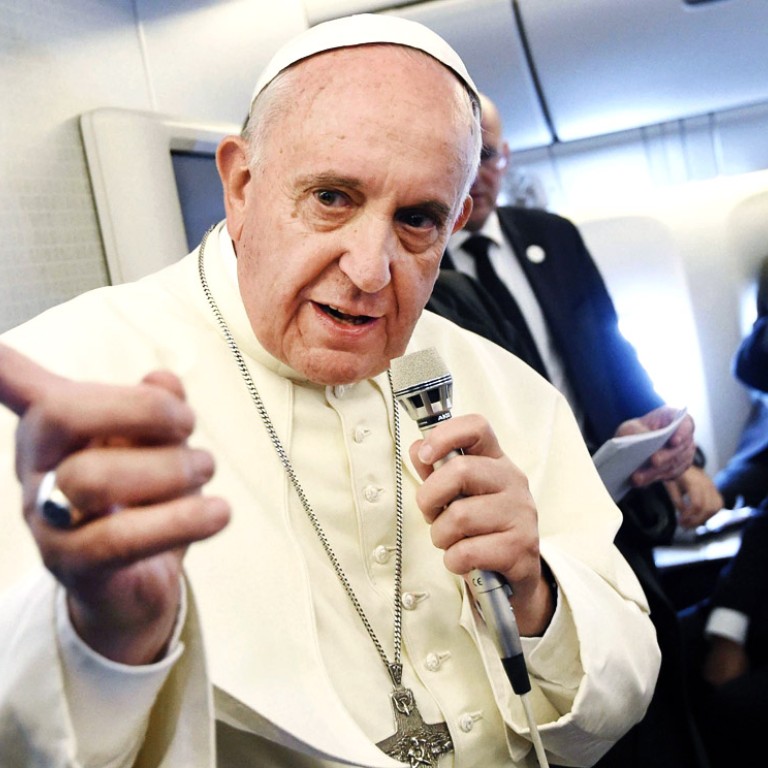
Signs of a thaw in Sino-Vatican relations after pope's gesture
Relations between the world's most powerful communist state and the Vatican are always going to be difficult. But since Pope Francis took office, there have been significant if tentative steps to launch a more constructive dialogue.
Relations between the world's most powerful communist state and the Vatican are always going to be difficult. But since Pope Francis took office, there have been significant if tentative steps to launch a more constructive dialogue. The popular pontiff's visit to South Korea has proved to be an occasion to make his strongest gesture yet to reach out to China. In a statement that was clearly aimed at Beijing, he said he hoped that countries with which the Holy See did not yet have a full relationship would "not hesitate to further a dialogue for the benefit of all".
No doubt he also had in mind North Korea, Vietnam, Myanmar, Laos, Bhutan and Brunei, but China looms large in the Vatican's diplomatic overture. If nothing else, there are an estimated 12 million Catholics on the mainland who face varying degrees of restriction and censorship; and their numbers are growing.
The priority that Francis accords to China can be seen in one of his first acts as pope, which was to send a diplomatic message to President Xi Jinping , who had since replied. Though Beijing has not explicitly addressed the pope's latest message, it allowed his plane to enter Chinese airspace en route to Seoul, knowing that Catholic diplomatic protocol requires that he send greetings to the people of countries he flies over.
There have been reports that some mainland Catholics were barred from going to South Korea ahead of the Pope's visit, leading to speculation that Beijing may have hardened its stance. More likely, the decisions were made by local party officials. To be sure, there are fundamental issues at stake, which make full diplomatic relations between Beijing and the Vatican difficult. But they are not insurmountable. The key sticking point is surely the right to appoint bishops, a prerogative that Beijing has arrogated to itself through the state-sanctioned Chinese Catholic Patriotic Association.
This impasse has contributed to the mushrooming of underground churches on the mainland, as many Catholics follow the Vatican's lead and refuse to recognise the legitimacy of the government-approved body.
Beijing must understand it's impossible for the Vatican to give up this fundamental right. But with some diplomatic ingenuity, both sides could agree to nominating candidates who are mutually acceptable, and who would, in turn, be formally appointed by the Vatican.

